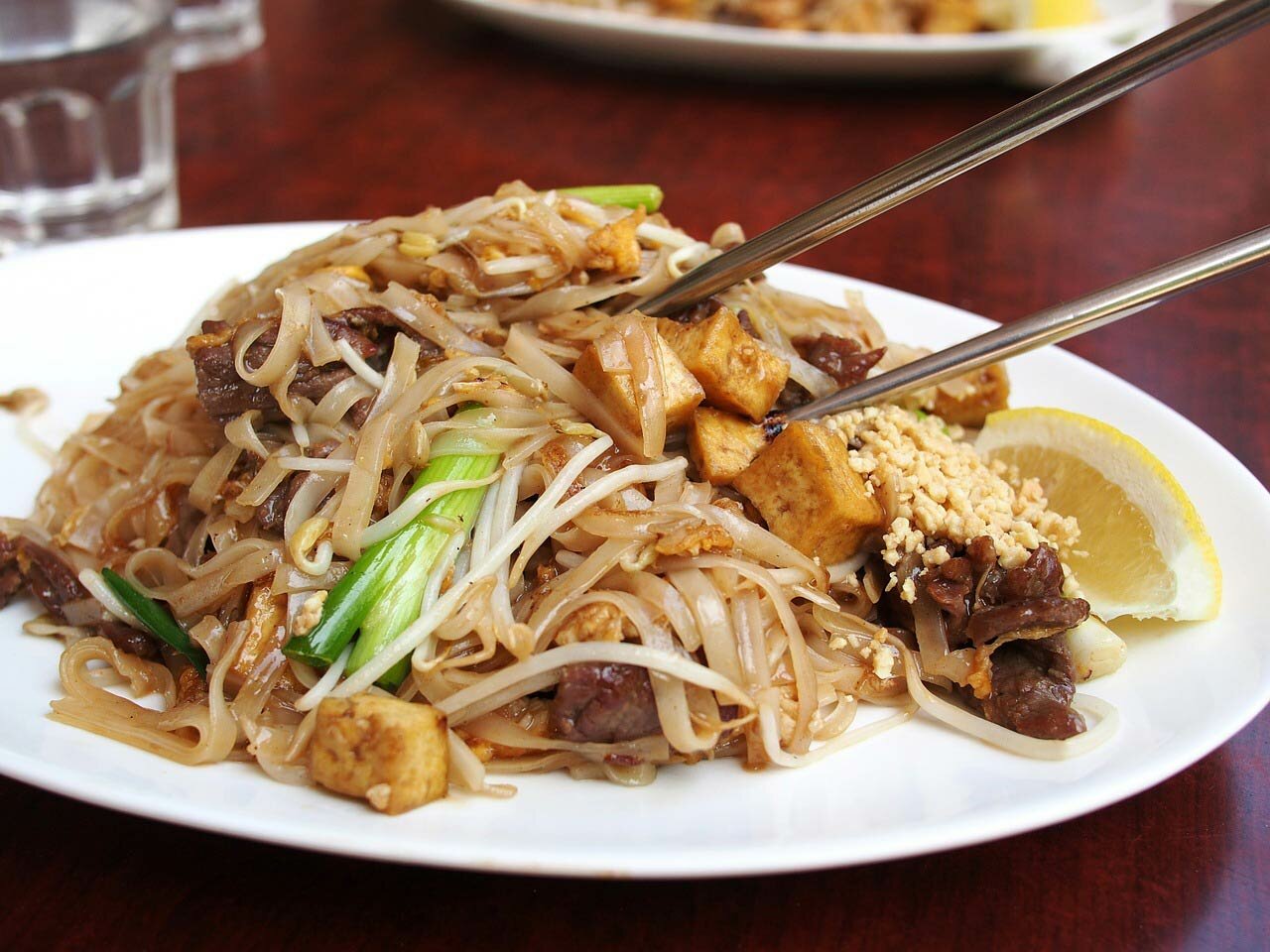
-
Eat breakfast!
There is no excuse to skip the most important meal of the day. Even if you are not hungry the breakfast is necessary for starting your metabolism. If you don’t start your metabolic engine within two hours of waking up, it is more likely that you will overeat later in the day.
-
Eat every four hours!
Healthy snacks between meals will keep your blood sugar and energy stable. Almonds, boiled eggs, fruit are in the group of healthy snacks.
-
Keep “dangerous” food out of the house!
Chocolates, cookies, cereals etc. are in the group of dangerous food because they give you trouble when it comes to portion size. It is never enough one piece of chocolate! So, never keep this food in your house. Buy it only once in a while.
-
Fiber fuel!
Add fiber in most of your snacks and meals. They makes you feel full faster and usually are with less calories.
-
Add protein to every meal!
Look for low-fat and high-fiber proteins to include in each of your meals.
-
Manage your portion size!
Sometimes the plate arrives with enough food for 2 or 3 people. Put the large dinner plate aside. Use medium sizes plates only.
-
Became aware of why you are overeating!
Stress, depression, loneliness, sadness and other emotional psychological conditions can lead to emotional eating. Relying on food to fill the inner emptiness will give you only temporary satisfactions. You must learn to deal with your problems without using food.
-
Drink lots of water!
Drinking a lot of water through the day will make you feel fuller and will curb your hunger. Don’t mistake dehydration with hunger.
-
Stop eating while watching TV or working at your computer!
When you are distracted you don’t realize how much food you are ingesting. If you eat on your dining table and pay attention of what you eat, you are more likely to stop when you are start feeling full.
-
Try to get sleep at least 8 hours at night!
If you don’t get enough of sleep the levels of hormone leptin can lower. This hormone tell us when we are full.
-
Slow down!
Eating fast short-circuits the signals that your digestive system generates to signal that it is getting full. Slow eating gives your stomach time to send messages to your brain that it was enough of food.

